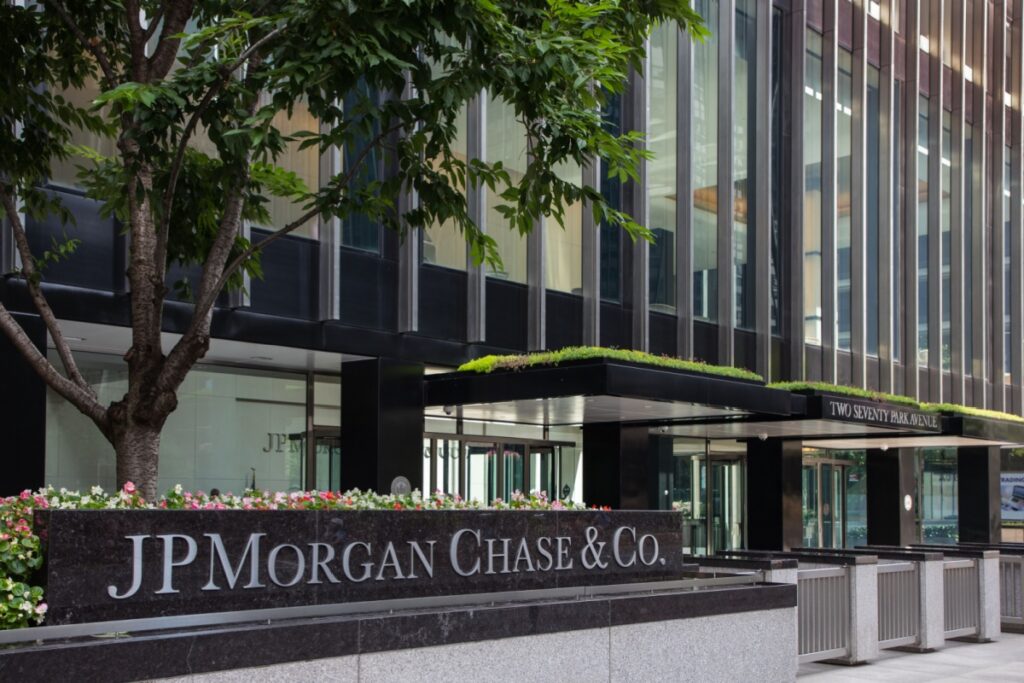JPMorgan Chase has revealed a decade-long $1.5 trillion program designed to finance, facilitate, and invest in U.S. industries considered essential to national security and economic resilience. As part of this Security and Resiliency Initiative, the bank intends to commit up to $10 billion of its own capital via equity and venture capital to high-growth firms in key areas. To support execution, JPMorgan will expand its workforce, hiring bankers, investment professionals, and specialists across sectors.
Expanded Ambition in Decade-Long Strategy
The new plan builds on existing internal goals: previously, the bank had planned to underpin approximately $1 trillion in financing over ten years; it now aims to increase that target by 50 percent, leveraging additional capital and expertise. JPMorgan also plans to establish an external advisory council composed of leaders from government and industry, and to deepen research into supply chain risks, geopolitics, and emerging technologies via its Center for Geopolitics.
Strategic Domains and Investment Scope
The initiative targets four principal domains: supply chain and advanced manufacturing, defense and aerospace, energy independence and resilience, and frontier/strategic technologies such as artificial intelligence, quantum computing, and secure communications. Within those, JPMorgan has identified 27 sub-sectors ranging from shipbuilding and nuclear power to nanomaterials, robotics, battery storage, and cybersecurity infrastructure. The bank plans to support both mid-market firms and large corporates, offering a mix of direct investments and advisory services.
In addition, JPMorgan intends to advocate for policy reforms that reduce regulatory friction, expedite permitting, and improve workforce development, all of which management sees as necessary to accelerate industrial revival. The bank has already conducted more than 100 client calls regarding its prior deal work, particularly involving MP Materials, a U.S. rare earths mining company, and has made multiple trips to Washington to explore alliances with federal agencies.
Market Response and Macroeconomic Context
JPMorgan’s announcement triggered a positive reaction in financial markets. Its shares rose by approximately 1.4 percent in premarket trading. Meanwhile, broader equity benchmarks also lifted after U.S. President Donald Trump adopted a softer tone toward China, easing concerns of escalating trade conflict.
The initiative arrives at a time of renewed geopolitical tension, especially around access to critical minerals. China has expanded export controls on rare earths, and the U.S. government is pushing for greater self-sufficiency in sectors like semiconductors, clean energy, and pharmaceutical precursors. JPMorgan frames its plan as aligned with emerging U.S. industrial policy, echoing aspects of the so-called “America First” agenda.
On the supply side, oil markets also saw a rebound: Brent crude rose about $0.92 (1.47 %), as some investors anticipated trade dialogues between the U.S. and China. That broader uplift in commodity and energy markets adds a backdrop of rising expectations for infrastructure and energy sector investment.
While JPMorgan has not disclosed specific investment targets by company or timing beyond the $10 billion envelope, the plan’s scale and ambition place it among the most aggressive private sector efforts aimed at reshaping U.S. industrial capabilities. The coming months will test how effectively this capital can be mobilized, how closely it aligns with government priorities, and how resilient it will be in the face of regulatory, labor, and geopolitical headwinds.


